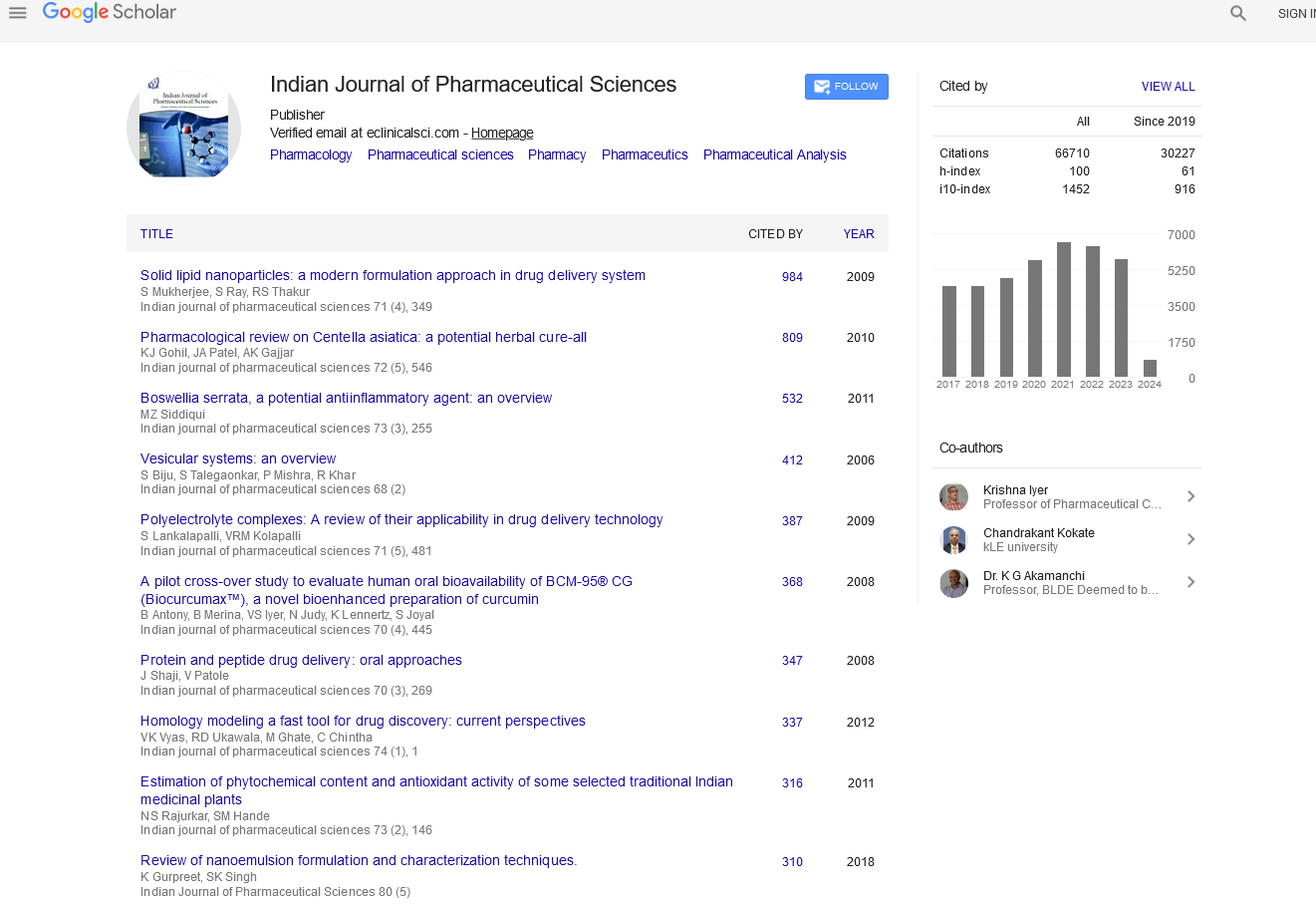Abstract
Flavanone glycosides as acetylcholinesterase inhibitors: Computational and experimental evidence
Department of Biotechnology and Microbiology and Inter University Centre for Bioscience, Kannur University, India
Correspondence Address:
C Sadasivan Department of Biotechnology and Microbiology and Inter University Centre for Bioscience, Kannur University India E‑mail: csadasivan@gmail.com
Acetylcholinesterase hydrolyzes the neurotransmitter called acetylcholine and is crucially involved in the regulation of neurotransmission. One of the observable facts in the neurodegenerative disorders like Alzheimer's disease is the decrease in the level of acetylcholine. Available drugs that are used for the treatment of Alzheimer's disease are primarily acetylcholinesterase inhibitors with multiple activities. They maintain the level of acetylcholine in the brain by inhibiting the acetylcholinesterase function. Hence acetylcholinesterase inhibitors can be used as lead compounds for the development of drugs against AD. In the present study, the binding potential of four flavanone glycosides such as naringin, hesperidin, poncirin and sakuranin against acetylcholinesterase was analysed by using the method of molecular modeling and docking. The activity of the top scored compound, naringin was further investigated by enzyme inhibition studies and its inhibitory concentration (IC 50 ) towards acetylcholinesterase was also determined.





